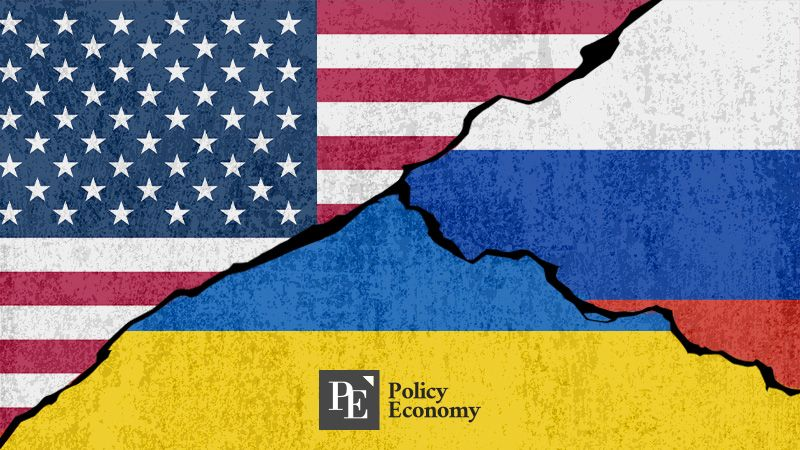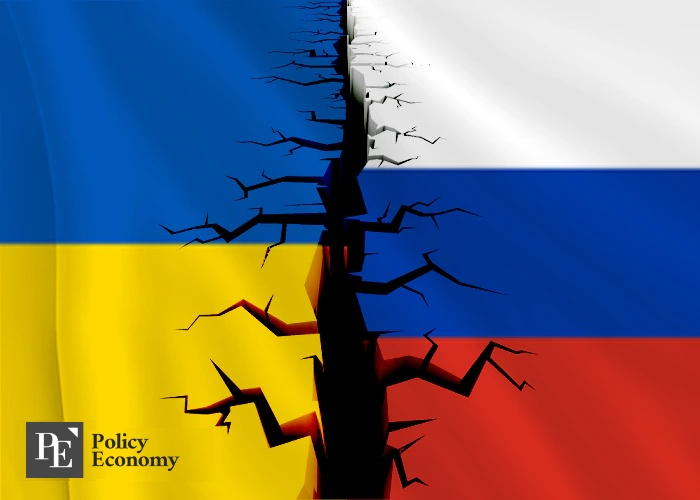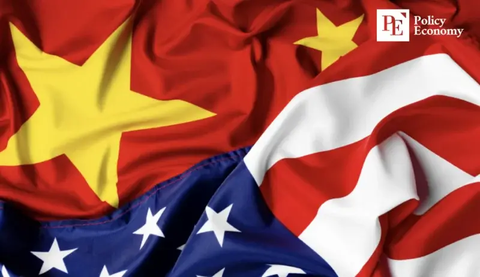Trump Expresses Frustration Toward Russia Amid Stalled Ukraine Peace Talks
Input
Modified
Trump Warns: "Additional Sanctions Could Be Imposed on Russia" Russia Focuses on Maximizing Its National Interests Clash with Ukraine Over Potential Recapture of Kursk

U.S. President Donald Trump has questioned Russian President Vladimir Putin’s willingness to negotiate. As Russia prioritizes its own national interests over reaching a settlement, the peace negotiations appear to be facing serious last-minute hurdles.
Russia Faces Criticism from Trump
April 26 (local time), U.S. President Donald Trump voiced rare dissatisfaction with Russia’s actions in Ukraine. In a post on his social media platform, Truth Social, Trump wrote, "Putin had no reason to launch missiles at civilian areas, cities, and towns over the past few days," adding, "It makes me think he may have no intention of stopping the war." Trump suggested that harsher measures, such as banking sanctions or secondary sanctions targeting third parties, might be necessary, noting, "Too many people are dying."
This statement came after Trump held a brief, symbolic 15-minute meeting with Ukrainian President Volodymyr Zelensky at the funeral of Pope Francis. Zelensky described the conversation as highly significant, saying, "If we achieve a joint outcome, it could be historic." The two leaders reportedly discussed the possibility of a "complete and unconditional ceasefire" and securing "trustworthy and lasting peace" to prevent future conflicts.
Russia’s Non-Cooperation Draws Criticism
Trump’s open criticism reflects growing concerns that Russia is prioritizing its own interests over negotiating peace. According to diplomatic experts, while Russian President Vladimir Putin may not seek endless conflict, he is likely using ongoing hostilities — including missile strikes and officially acknowledging North Korean troop involvement — to maximize leverage.
Despite U.S. pressure, Russia has continued its attacks across Ukraine. According to Reuters, Russian airstrikes over the weekend killed and injured civilians, destroyed livestock, and targeted cities including Pavlohrad, Kostyantynivka, Odesa, and Kherson. Separately, Russia officially confirmed that North Korean troops have been deployed to support Russian forces along the Kursk frontline, praising their "professionalism, resilience, courage, and heroism."

Disputed Claims Over Kursk Frontline
While Russia and North Korea declared a complete Russian recapture of the Kursk region, Ukraine disputed these claims. Mere hours after Russia’s announcement, Ukraine’s military denounced it as "propaganda," with President Zelensky stating that Ukrainian forces continue to actively defend parts of Kursk and Belgorod. He emphasized that Russia’s persistent aggression highlighted the need for greater international pressure to drive serious negotiations.
Meanwhile, U.S. Secretary of State Marco Rubio issued a stern warning, telling NBC News that the "peace effort must succeed quickly" and that Washington would assess progress "within this week." Rubio signaled that continued U.S. time and resource commitments would hinge on tangible diplomatic progress, effectively setting a deadline for meaningful negotiation outcomes.





















